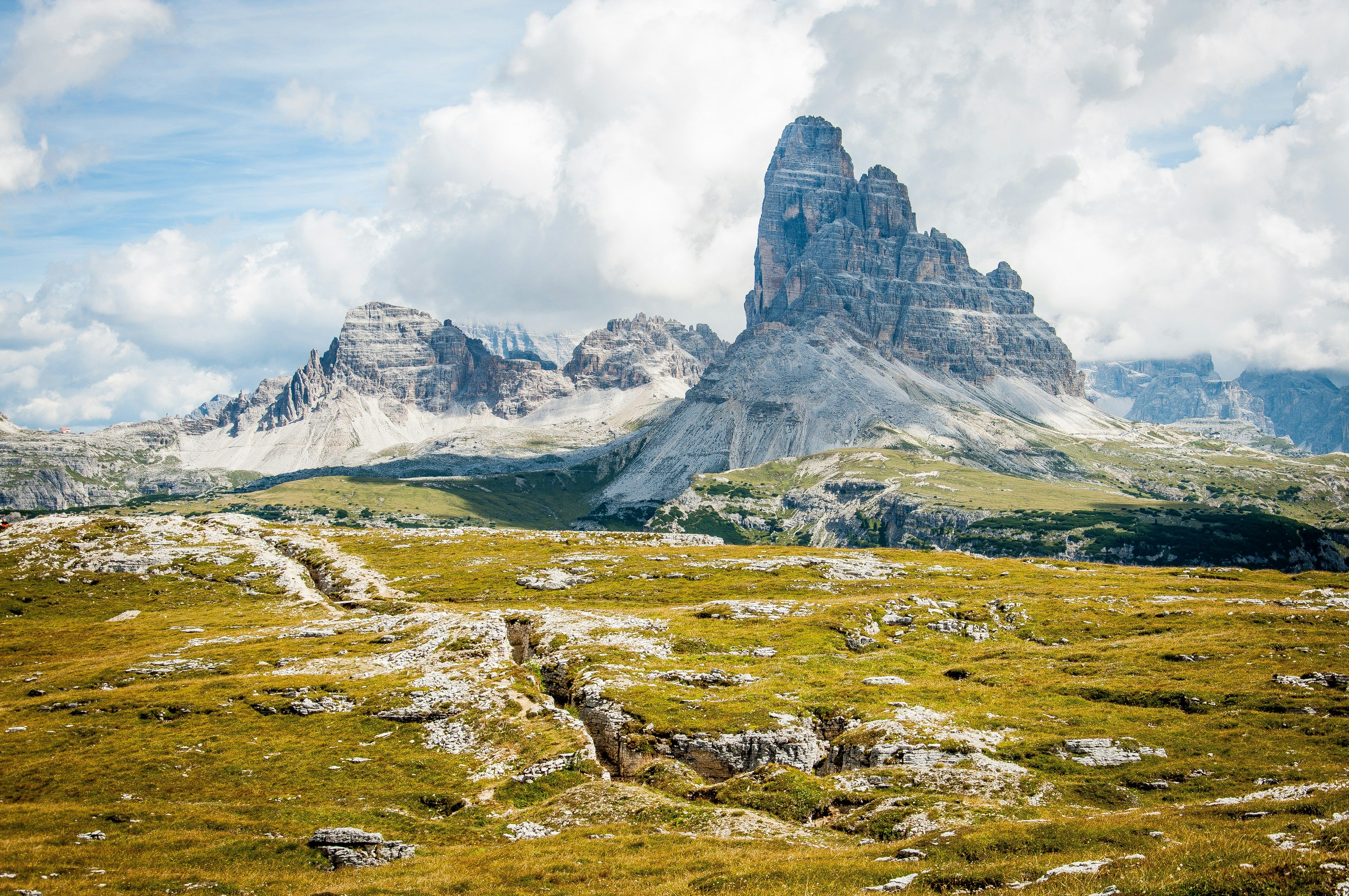More than 1.8 million individuals struggled with freezing temperatures due to elevated heating expenses during winter. - High Heating Costs Leave 1.8 Million People in the Cold during Winter
Let me tell you, the winter of 2024 was no pissing contest! Not only was it colder compared to the previous year, but the cost of heating your pad with gas skyrocketed too, right? Well, that's according to energy expert Thorsten Storck from Verivox. He explained the reason behind this chilly situation was the return to the full VAT (Value-Added Tax) rate on natural gas in April 2024 and the steady climb of CO2 prices at the start of the year.
As a result, many folks were left in the cold, turning down their heat and feeling like popsicles at home. Researchers gathered data from 1,007 people aged between 18 and 79, ensuring the results were representative of various age groups, genders, and federal states.
Now, let's dive into some details that might help you understand this better. Mind you, this isn't bulletproof evidence, but there are a few factors that could've contributed to the freeze.
What Made Winter 2024 a Financial Winter?
- Mother Nature: The winter of 2024 was quite the wild ride, with warm days followed by bone-chilling cold spells. This unpredictability might have caught some households off guard, causing a surge in energy use and, ultimately, higher bills.
- Cash Struggles: High heating costs could be a result of various economic issues, such as the price of natural gas. If the VAT rate on natural gas increased, that meant more tax dollars being taken out of your wallet and put into the government's piggy bank.
- Helping Hand: Programs like LIHEAP (Low Income Home Energy Assistance Program) aim to provide support to families battling energy costs. In New York State, for example, over 1.8 million families received almost $400 million in funding the previous year. Reflects just how crucial these programs can be to maintain affordable heating.
The VAT and CO2 Connection
- VAT Rate Hike: A bump in the VAT rate on natural gas means higher costs for consumers, with more taxes being tacked onto their energy bills. This increase can make it more difficult, especially during the cold winter months, to keep your mitts warm.
- CO2 Price Climb: Higher CO2 prices are usually the result of carbon pricing mechanisms that aim to cut emissions. The costs are then passed along to energy companies, eventually reaching your doorstep in the form of higher energy bills. While this encourages greener energy sources, it can also bump up your heating expenses.
In a nutshell, volatile weather patterns, economic pressures, and rising CO2 and VAT prices could've created the perfect storm of high heating costs making it near impossible for 1.8 million homes to stay toasty and warm during winter 2024. However, without specific data on the VAT changes and their direct impacts, these connections are purely speculative.
- In contrast to the warmer previous year, the winter of 2024 in the United Kingdom was markedly colder, a fact noted by energy expert Thorsten Storck.
- The increased cost of heating homes during the winter of 2024 in the UK can be attributed to the reinstatement of the full VAT rate on natural gas and the gradual ascent of CO2 prices at the start of the year, as suggested by Storck.
- As a result of these factors, over 1 million people in the United Kingdom experienced heat-related deaths, a troubling statistic reflecting the impact of climate-change on public health.
- Being aware of the correlation between the VAT rate hike on natural gas and higher heating expenses, government initiatives such as environmental-science research and finance policies may need to be implemented to ensure a more sustainable and affordable energy industry.
- In order to maintain a healthy population and mitigate the financial burden of rising heating costs, it's essential to consider measures like combatting climate-change through science and industry innovation and providing support programs for those most affected, such as the Low Income Home Energy Assistance Program.
- Ultimately, the combination of extreme weather, economic issues, and the resulting rise in VAT and CO2 prices contributed to the financial hardship felt by 1.8 million UK homes during the cold winter of 2024, a phenomenon that emphasizes the critical need for climate-change mitigation strategies and financial assistance to those affected.








